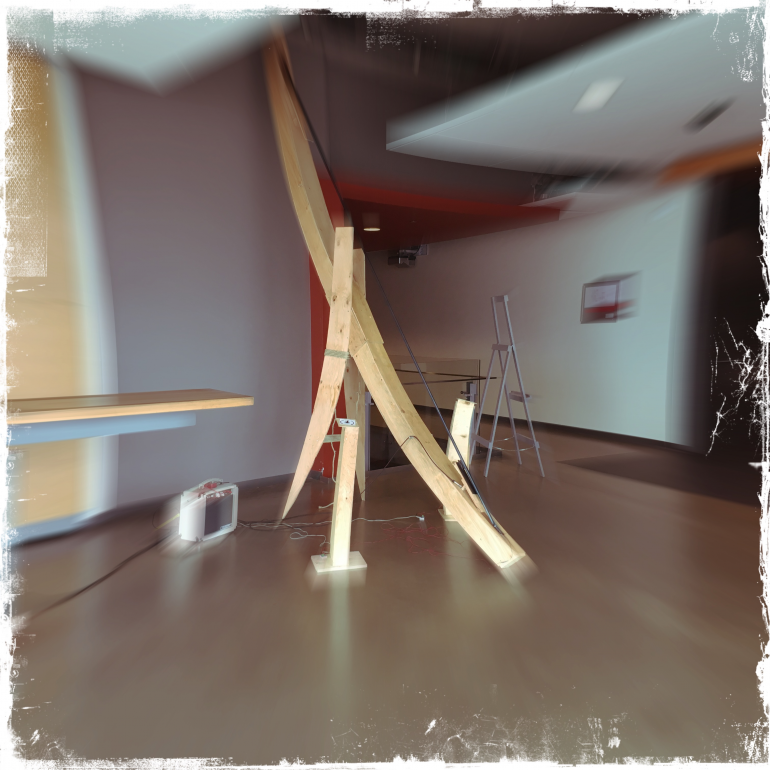
This paper argues for ‘making’ as generative heuristic methodology. Aesthetic objects, and the processes of crafting them parallels the methodologies of the sciences and the theorizations of the humanities (Mersch 2015). Merleau-Ponty and other phenomenologists note that we must observe anything, even abstracted “objective” data through the prism of our own embodiment. So to make as method/methodology opens the possibility for scholars in the Humanities, Social Sciences and STEM to use these practices as ways to develop original insights (Ratto 2013, Kaag 2014, Schulzke 2014). While ‘making’ answers calls from what is called “post-qualitative” research: That it address the researcher as already thrown into the research (Lather & St.Pierre 2013),so that the research object may evolve through the research process. Maker/making always already allowed spaces for rethinking the assumptions of given disciplinary methods by offering processes that demand a shifting and agile research methodology (Murfie 2014).
Uncommon Senses 2: Art, Technology, Education, Law, Society – and Sensory Diversity, April 2018, Montréal
Panel: Uncommon Methods, w/Prof. Carolina Cambre, Education, Concordia; Aryana Soliz, Phd Candidate, Sociology, Concordia; Elizabeth M. White, Phd Student, Sociology, Concordia.
